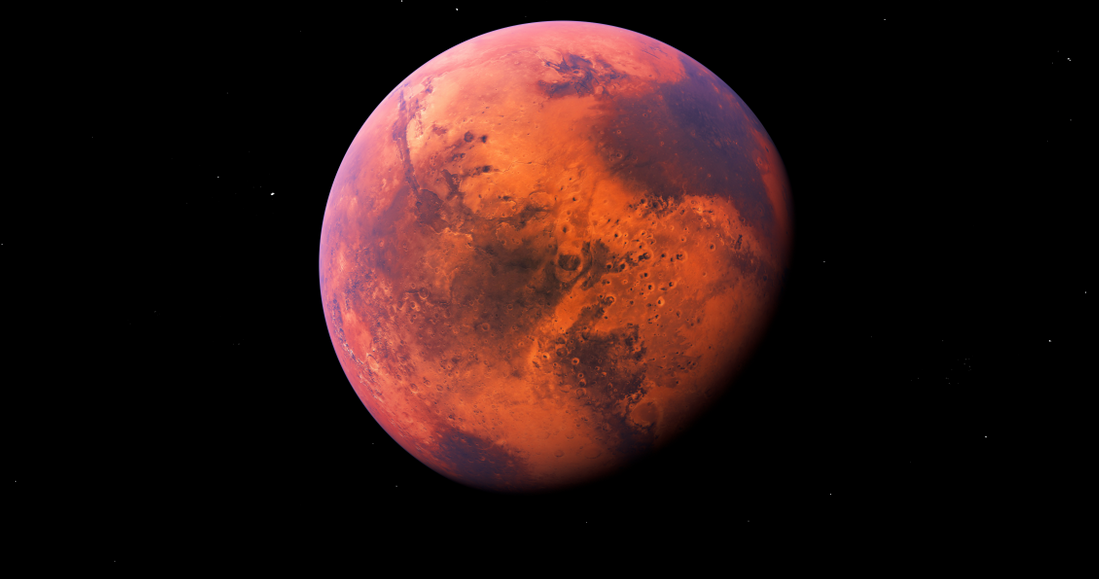Humans might not be the first lifeforms in the solar system to face the threat of their own activity changing the climate of their home planet. A new model suggests that ancient Mars was once habitable enough to support methane-producing microbes, and they may have wiped themselves out by causing irreparable damage to the Red Planet’s atmosphere.
Modern Mars is extremely cold and drier than any desert on Earth, with a very thin atmosphere. But this wasn’t always the case – decades of observation from rovers and orbiters have turned up quite clear and extensive evidence of ancient rivers, deltas, lakes, and possibly even oceans. And with that, conditions should have been habitable to microscopic life.
New Turkish Threats: Turkey will drill even if the whole world stands against us
For the new study, researchers at the University of Arizona modeled ancient Mars, including its crust, atmosphere and climate. Most importantly, they added an ecological model of methanogens – microbes that consume carbon dioxide and hydrogen and produce methane – and investigated whether the conditions would allow them to survive, and what effects they might have on the ecosystem.
Read more: New Atlas
Ask me anything
Explore related questions





